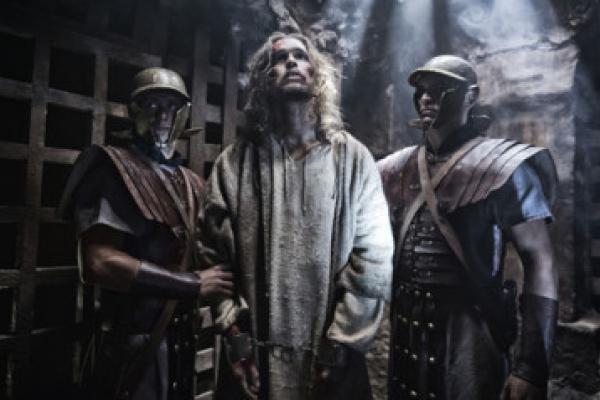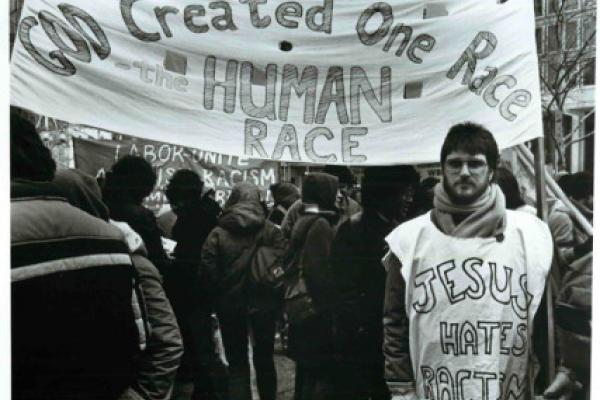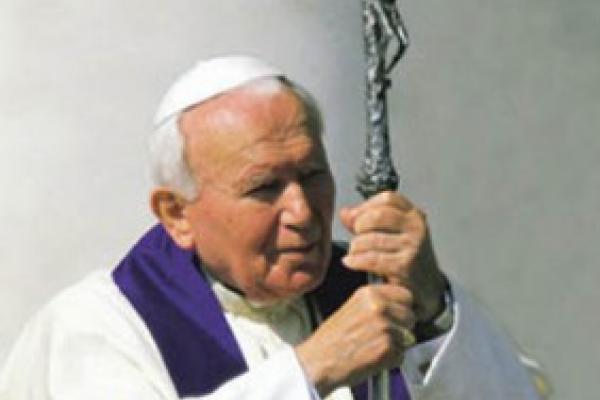Studios and filmmakers are rediscovering a classic text as source material for upcoming mainstream films: the Bible.
Nearly 10 years after the blockbuster success of Mel Gibson’s “The Passion of the Christ,” which earned $611.9 million worldwide, studios are looking to the Good Book for good material.
Alongside the string of upcoming Bible-related films, producers from the History channel’s “The Bible” miniseries just announced that the series’ film adaptation “Son of God” will be released in theaters nationwide in February with 20th Century Fox.
Life is riddled with a smorgasbord of emotional highs, lows, tragedies, triumphs, and what might feel like monotony to fill in the gaps.
On the newest album from Seattle folk and Americana band The Head and the Heart, you can feel the wear and tear of a group who have simply experienced a lot and probably had little time to rest and reflect.
“When I think about the two records together, the first one feels like we all wanted to fulfill this dream we’d had about playing music, meeting people and traveling around,” drummer Tyler Williams told Sub Pop. “This one feels like the consequences of doing that — what relationships did you ruin? What other things did you miss? You always think it will all be perfect once you just do ‘this.’ And that’s not always the case.”
The $20,000 bathtub and $482,000 walk-in closets ordered by “Bishop Bling-Bling” — the moniker of Franz-Peter Tebartz-van Elst, the now-suspended bishop of Limburg — have scandalized the German public.
But Tebartz-van Elst, 52, is only the latest German clergyman to run into trouble since Pope Francis took the helm of the Roman Catholic Church. Francis temporarily suspended the bishop on Wednesday while a church commission investigates the expenditures on the $42 million residence complex.
As the new pontiff tries to reform the way the church does business, German dioceses, which reportedly include the world’s wealthiest in Cologne, are chafing under the new direction as membership numbers continue to dwindle.
Prince George is now officially named and an Anglican.
The 3-month old royal baby was christened Wednesday, ritually welcomed into the Church of England as Prince George Alexander Louis of Cambridge, in a private ceremony for close family and friends in the historic chapel of a London royal palace.
His parents, Prince William and Duchess Kate of Cambridge, grandparents, great-grandparents, and seven godparents looked on as the baby was baptized by the Archbishop of Canterbury Justin Welby, in an antique silver font in the Chapel Royal of St. James’s Palace as a small scarlet-and-gold-clad choir sang hymns.
Time was when a determined minority vowed to change the nation’s collective mind about racial integration and the Vietnam War.
I was in that minority. We considered our cause just. We called our tactics “civil disobedience,” “grass-roots organizing,” “protest,” “civil rights,” “saving America.”
It’s a bit disingenuous now for us to lambaste a conservative minority for wanting the same leverage and for using the same tactics. “Civil disobedience” can’t be relabeled “obstructionism” just because the other side is using it.
Vatican officials say they expect next year’s celebration for the canonizations of former popes John Paul II and John XXIII to be attended by as many as 100 heads of state in what is likely to be the biggest draw to the city since John Paul’s funeral in 2005.
The crowd estimates were made Tuesday, the feast day for John Paul. This will be the last time he will be venerated as Blessed Pope John Paul II; after the canonization ceremony on April 27, 2014, he will be known as St. Pope John Paul II.
John Paul’s 2005 funeral may have been the single largest gathering in Christian history, with estimates as high as 4 million mourners gathered in the Italian capital, along with at least 80 presidents, prime ministers, and monarchs.
The United Methodist Church’s highest court gathers for its semiannual meeting in Baltimore on Wednesday, as the denomination confronts a growing movement of defiant clergy members opposed to church doctrine on gays and unwilling to back down.
“Martin Luther King said there are risks when you stand up to unjust laws,” said Ogletree, 80, an ordained elder in the New York Conference of the United Methodist Church.
The Book of Discipline, the denomination’s collection of law and doctrine, forbids the ordination of “avowed” homosexuals and bans clergy from officiating at same-sex marriages or holding such ceremonies in its churches.






